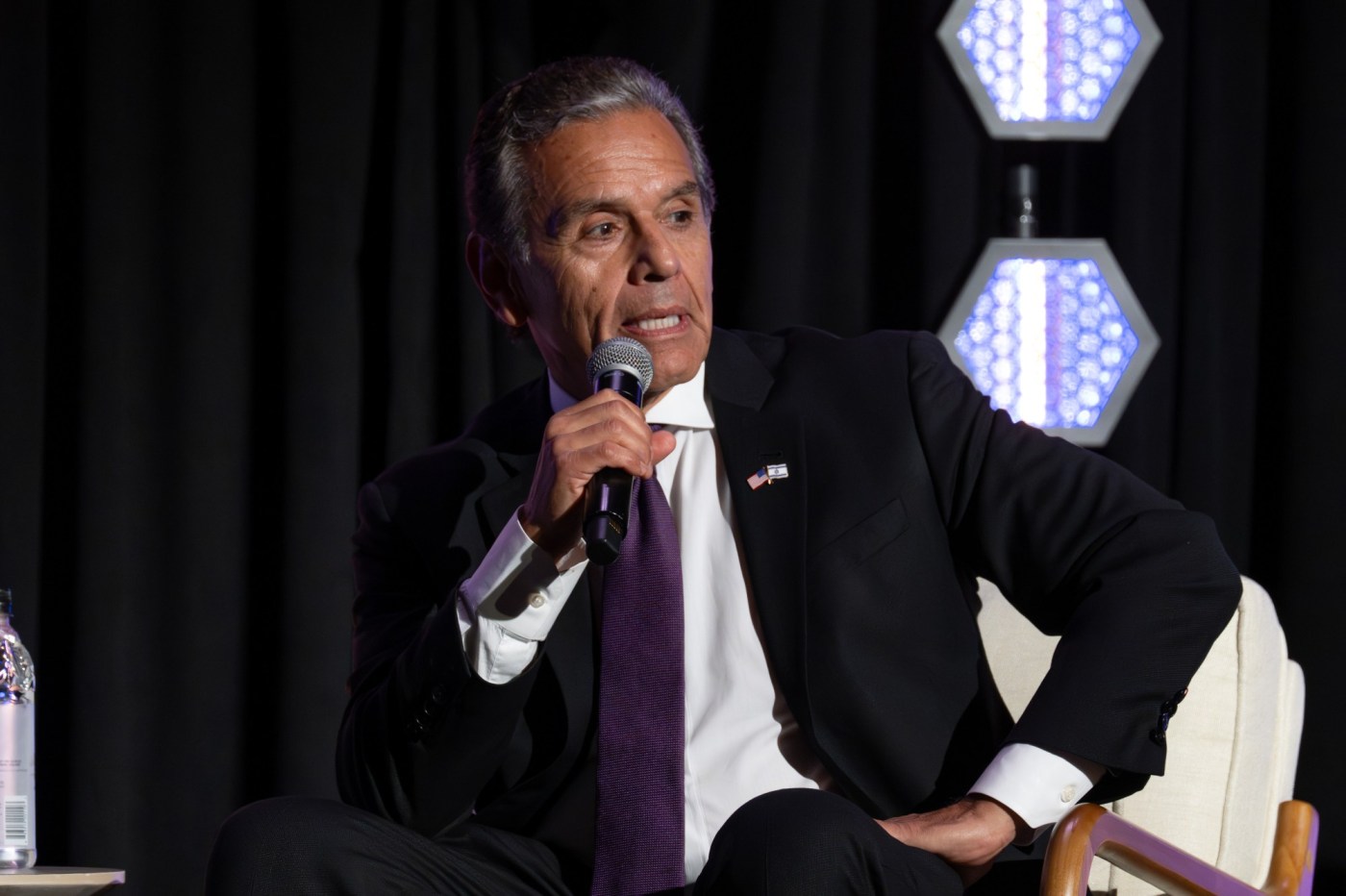
UPDATE: Major corporate leaders are making bold demands for loyalty regarding AI, remote work, and diversity initiatives, signaling a significant shift in workplace culture. As companies tighten their belts and layoffs rise, executives are asserting control in a way not seen in recent years. Just this week, Alex Karp, CEO of Palantir Technologies, labeled his company as “the first to be completely anti-woke,” while AT&T’s John Stankey declared the “employment deal rooted in loyalty” is officially over.
This urgent stance comes amid a backdrop of increasing white-collar layoffs and a more competitive labor market. Companies now expect employees to align with their leaders’ viewpoints on crucial issues such as AI integration and remote work policies. GitHub’s Thomas Dohmke warned employees, “Either you embrace the AI, or you get out of your career.” Such rhetoric signifies a dramatic change from the more accommodating attitudes during the #MeToo movement and in response to social justice initiatives.
The growing trend of CEOs demanding strict adherence to their corporate philosophies reflects a broader cultural shift. “It’s all about control,” said Jeff LeBlanc, a management lecturer at Bentley University, highlighting how leadership feels empowered as they regain the upper hand. More CEOs are joining this hardline approach, emboldened by their peers who are adopting similar stances without fear of backlash.
In a memo to over 100,000 employees, Stankey emphasized a move towards a “more market-based culture,” indicating a clear shift away from accommodating long-standing practices like tenure-based promotions. This trend isn’t exclusive to tech giants; leaders across various sectors are pushing for increased productivity and alignment with corporate values, often at the expense of employee flexibility.
The political landscape has also influenced corporate messaging. Former President Donald Trump initiated a crackdown on diversity, equity, and inclusion (DEI) initiatives, with many CEOs now echoing his sentiments. Karp’s comments on supporting the Trump administration’s stance on meritocracy and technology illustrate how corporate leadership is aligning with political ideologies that were once considered controversial.
Companies like Shopify and Coinbase are leading the charge on AI policies, with Shopify CEO Tobi Lütke mandating AI as a “baseline expectation” for employees. Coinbase’s Brian Armstrong has taken an even firmer stand, requiring AI onboarding for engineers and taking disciplinary action against those who do not comply.
As this hardline corporate culture gains traction, it raises critical questions about employee morale and retention. Jennifer Deal, a senior research scientist at the University of Southern California, noted that “most organizations are not democracies,” emphasizing that employees must either adapt to these new expectations or seek employment elsewhere.
However, not all leaders are embracing this hard stance. Some CEOs remain cautious, concerned about alienating employees who might not share their views or could face backlash from public opinion. Marin Richardson, CEO of Disrupt PR, highlighted the polarizing climate, suggesting that some leaders fear repercussions from government engagements.
This evolving landscape suggests that while CEOs currently hold power, the job market’s dynamic nature could lead to future challenges. As Wayne Cascio, a management professor at the University of Colorado, noted, “the pendulum will swing back as it always does.” Workers whose values clash with their employers may soon look for alternatives, pressuring leaders to reconsider their rigid stances.
As the business world adapts to these urgent shifts, the implications for employees are profound. The demand for loyalty and alignment with corporate philosophy is reshaping professional landscapes, potentially leading to more significant workforce changes in the near future. Stay tuned for further updates on how these developments will unfold in the coming weeks.






